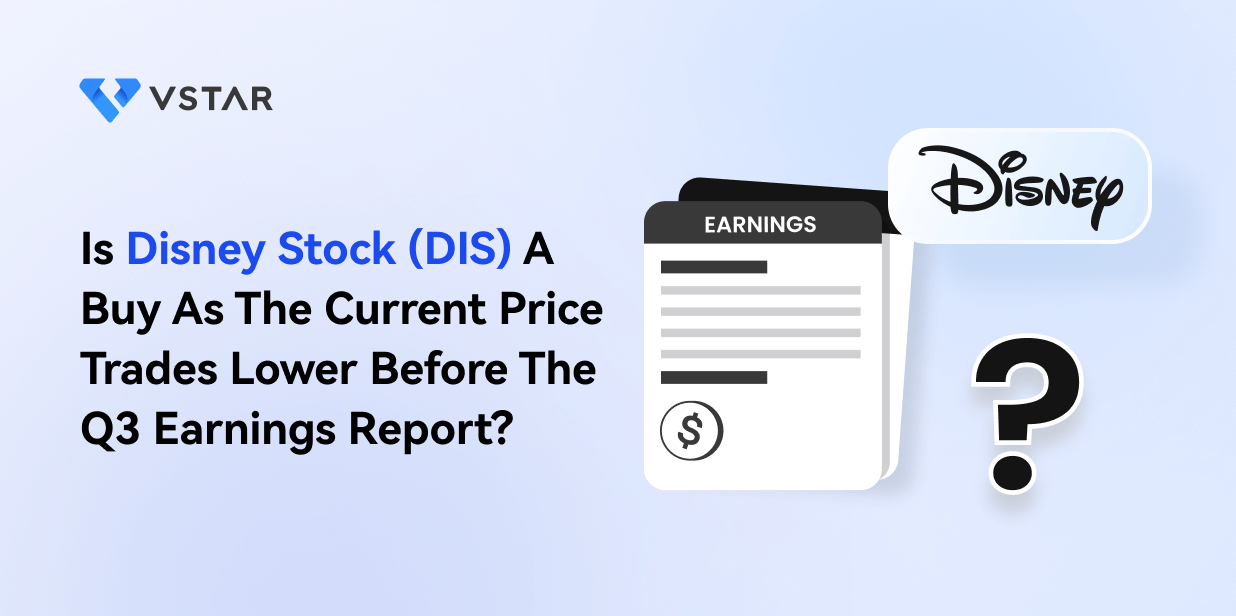
The Walt Disney Company (DIS) is scheduled to release its third-quarter fiscal 2024 data on August 7.
With revenues estimated at $22.86 billion, the analysts project a 2.4% increase in revenue over the reported amount for the same quarter last year.
Disney Earnings Projection
Over the last 30 days, the consensus earnings figure has increased by a penny to $1.20 per share, representing growth of 16.5% each year. Earlier, Disney surprised investors with 8.04% earnings during the most recent published quarter.
Disney is in a fortunate position as the media environment changes from traditional linear media to streaming. Disney+ and Hulu are two strong U.S. streaming services, and ESPN+ rounds out the trio, so the media behemoth is well-positioned to handle this move with ease.
Disney's strategy of packaging various streaming services into an alluring package is one of its main competitive advantages. This strategy is anticipated to decrease customer attrition and increase average earnings per user in the to-be-reported period.
Disney+ Subscription Projection
Disney+ core subscriber growth, however, is forecast to stall in the third quarter of the fiscal year and then pick up steam in the fourth. The corporation is nonetheless upbeat and expects its integrated streaming activities to turn a profit by the end of the 2024 fiscal year.
It is anticipated that Media and Entertainment Distribution earnings in the to-be-reported period were adversely affected by DIS's predicted ongoing fall in Linear TV revenues.
The $9.88 billion estimate for entertainment revenues, which takes into account content sales/licensing, linear networks, direct-to-consumer sales, and other earnings, represents a 2.4% annual decline.
Intellectual Property (IP): Disney's Core Strength
The real power of DIS is found in its unmatched intellectual property (IP) portfolio. The corporation possesses the strongest portfolio of intellectual property (IP) in the media industry, ranging from the renowned Marvel and Star Wars brands to the adored Disney princesses, Mickey Mouse, and Pixar's timeless favorites. This abundance of intellectual property is a valuable asset since it allows viewers to engage with the information right away, lowering the risk involved in content investments.
In addition to supporting the company's studio operations, its vast intellectual property (IP) portfolio also serves as the foundation for its whole business ecosystem, which includes streaming, linear networks, and the lucrative Parks, Experiences & Consumer Products division.
Investors should keep a tight eye on important measures including park attendance, per-capita spending, and any announcements about expansion plans, especially in overseas markets, as we analyze the quarter under review. The way this part performs could lay a solid basis for Disney's future growth trajectory.













